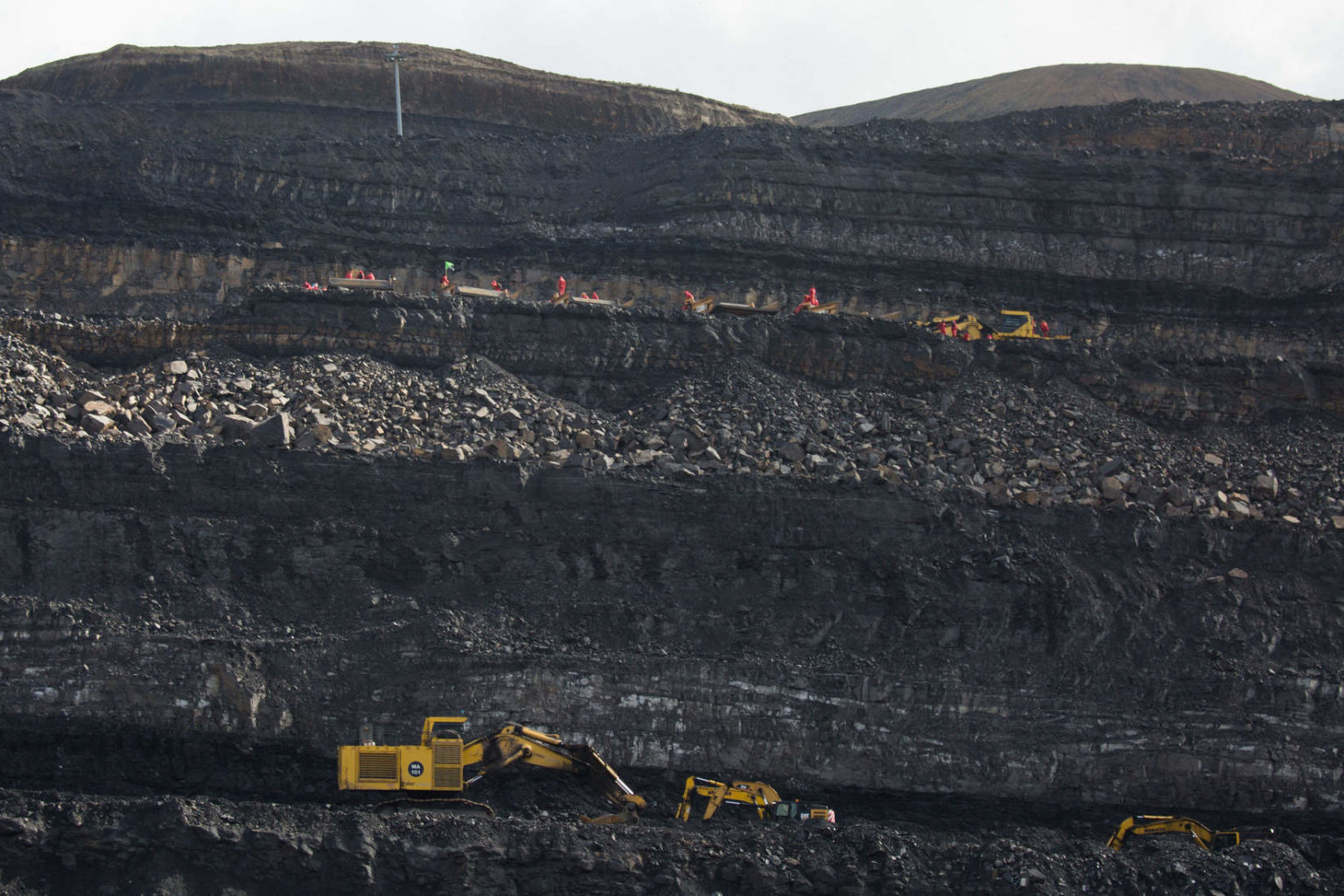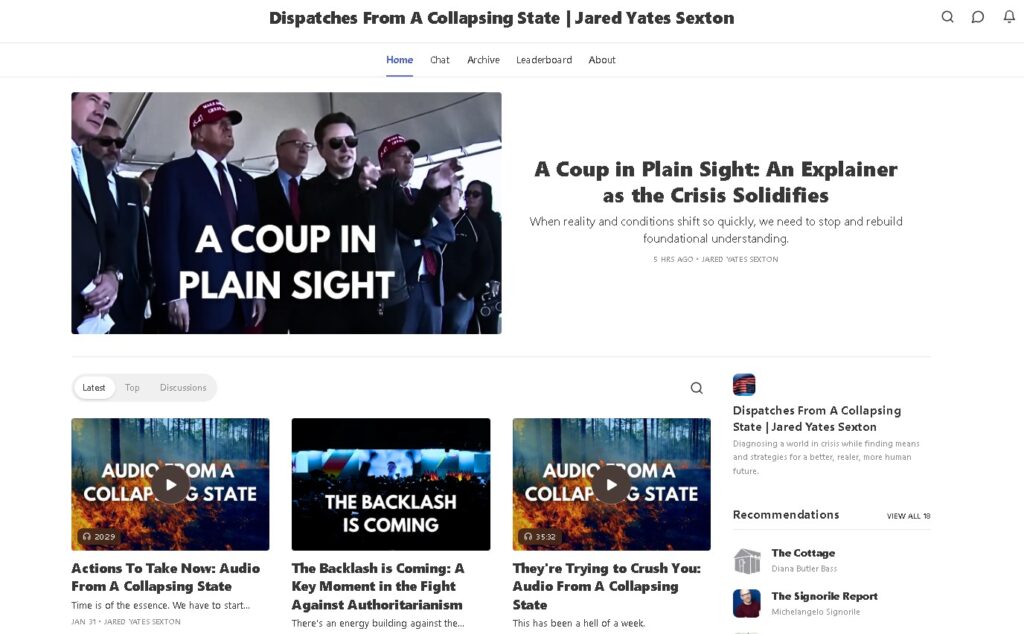The number of people working in coal mining in Britain has dropped by half compared to this time last year the latest statistics show.
According to employment numbers compiled by the Coal Authority and seen by DeSmog UK, 732 people worked in coal mining jobs in June 2017. This is compared to 1,381 employed in June 2016.
In an effort to tackle climate change the UK has pledged to phase out all unabated coal (coal without carbon capture and storage technology) by 2025. In 2016 emissions from coal dropped by 50 percent compared to the previous year and coal use continues to reach record lows. In April, Britain had its first ever coal-free day since the Industrial Revolution.
Despite the declining industry, fossil fuel companies, however, often cite “job creation” as a benefit in an effort to sell new projects to communities and government.
“Coal mining is an industry of the past, not the future,” said Friends of the Earth campaigner Guy Shrubsole. “These latest stats show mining now employs fewer than a thousand people in the UK.”


The majority of the coal mining jobs (41 percent) are at surface mines in Wales, with the Merthyr Tydfil opencast mine being the main employer in the area. Scotland’s East Ayrshire opencast coal mine near Glasgow is the single largest such employer in the UK, with 210 workers in June 2017.
In England, coal mines at Northumberland, near Newcastle, are the main employer, with 118 workers. The main two mines in this area are operated by Banks Mining and owned by Matt Ridley, a member of the House of Lords, Times columnist and member of the climate science denying Global Warming Policy Foundation.
Mika Minio-Paluello, Platform’s energy economist, said: “The coal industry doesn’t have a future, we need to leave coal in the ground. But the enemy looks like coal baron and climate sceptic Matt Ridley, not those employed in the mines.
“Workers and communities mustn’t be abandoned. We need a just transition, powered by investment into new clean infrastructure and jobs for all coal workers.”
Another Northumbrian opencast mine, however, has been proposed by Banks Mining near Druridge Bay and currently awaits a decision by government.
In contrast, the low carbon economy (everything from solar and wind power, and nuclear to energy efficiency and low emission vehicles) employed 234,000 people in 2015, according to the latest numbers released by the Office of National Statistics in April.
Meanwhile the share of electricity generated from renewables continues to grow. In June, the amount of electricity generated from renewable sources counted for more than half of the UK’s energy supply, surpassing coal and gas for the first time.
“Despite this, some councils continue to swallow mining companies’ irresponsible rhetoric that coal is a source of long-term employment, and keep consenting to the extraction of coal that we can’t afford to burn,” said Shrubsole.
He continued: “With a key decision pending following the Druridge Bay Public Inquiry on whether to allow a destructive new opencast coal mine, Communities Secretary Sajid Javid has an opportunity to end coal for good in Britain – and offer miners re-skilling and re-employment in the burgeoning clean industries of the future.”
As Minio-Paluello asked: “Are coal mining jobs shrinking because mines are shutting, or are these profit-driven cuts to health & safety standards? Either way, those of us fighting for a rapid coal phase-out need to fight for a just transition for workers and communities.”
Photo: Break Free via Flickr | CC 2.0
Subscribe to our newsletter
Stay up to date with DeSmog news and alerts







